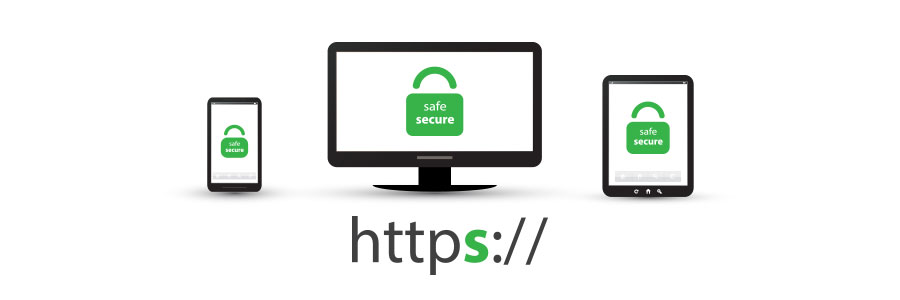Everyone uses email to send and receive sensitive information, making it an attractive target for cyberattacks. The importance of email security is vital to your company’s operations, so applying the following tips can dramatically reduce your exposure to hackers and malware.
How you keep your email account safe
Security best practices for remote workers
The rise of VoIP phishing: Why scammers do it
Mac security 101: Ransomware
5 Tips for securing your email account
Get ahead of cybersecurity with these basic IT terms

Cybersecurity is everyone’s responsibility. But you don’t need to be an IT expert to know how to protect yourself from a cyberattack. To help you get started, here are helpful terms you need to know so you’re not left in the dark, whether you’re teaching yourself how to update your anti-malware, updating your systems, or consulting your tech support.
Understanding HTTPS

Many internet users still do not understand what the padlock icon in their web browser’s address bar is for. It represents HTTPS, a security feature that authenticates websites and protects the information users submit to them. This is an important feature that lets users know whether the site they are visiting is secure or not.
How to protect your iPhone from phishers

Phishing scams have been around for years, and they’ve gotten smarter with time. Recently, criminals have been targeting iPhone users through a voice phishing scam that makes the call appear like it’s coming from Apple Support. Fortunately, there are simple but effective tips so you don’t fall prey to this notorious scheme.
How Office 365 deals with phishing attacks

There are plenty of things to love about Office 365. For a small monthly fee, it gives you the latest cloud-based version of Microsoft Office apps and robust communication tools that improve collaboration and productivity. But it’s also an extremely secure platform that can defend against the most cunning phishing attacks.







